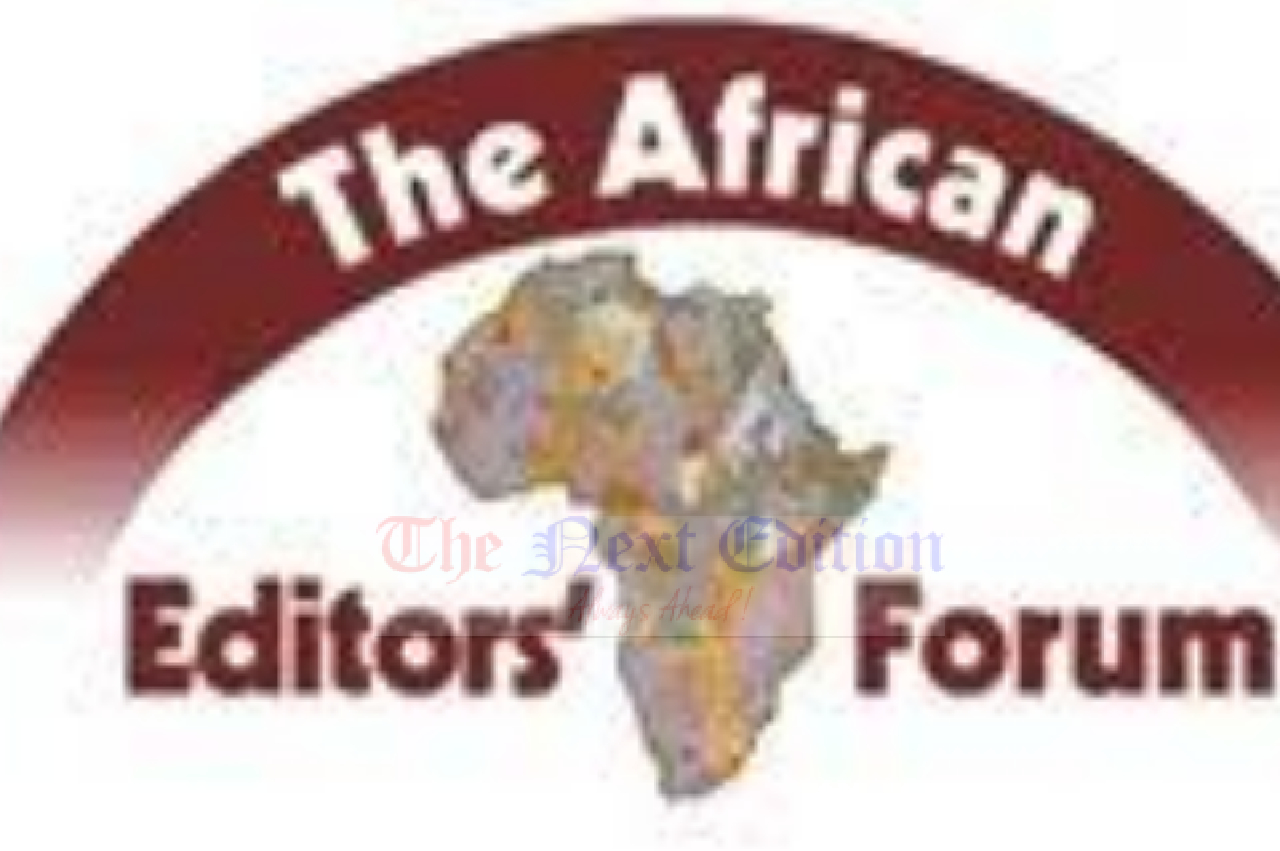The Sudanese Government has confiscated some newspapers in the county for publishing pictures of people queueing for bread and petrol as scarcity hits the crisis-ridden nation.
A statement by the Chair of The African Editors’ Forum (TAEF), Jovial Rantao, said the Sudanese National Intelligence and Security Services (NISS), seized three print runs of Al Jareeda Newspaper.
Mr. Rantao’s statement reads, “TAEF today strongly condemns the Sudanese National Intelligence and Security Services (NISS) for the seizure of three entire print runs of Al-Jareeda newspaper.
“Today was the third day on which the newspapers were confiscated directly from the printing presses, making sure that the publication does not reach the public.
“The deplorable action by the NISS is designed to intimidate the media and deny the Sudanese public access to information they need to make decisions about their lives.
“TAEF today stands with and pledges support with the journalists, editors and publishers in Sudan and urges them not to be intimidated by the might of the Sudanese state. TAEF urges them to publish and broadcast without fear or favour,” the statement reads.
The NISS has in the past been responsible for a crackdown on the media, which led to the detention without trial of at least eight journalists and the confiscation of the Al-Jareeda and Al-Midan newspapers.
The continental editor’s body, therefore, called on the Sudanese Government to stop the arbitrary confiscation of newspapers and the intimidation of journalists.
The forum reiterated its solidarity with Sudanese journalists who continue to work under difficult conditions.
It said journalists in the country recently demonstrated against proposed new laws designed to tighten media freedom in the country.
“Amongst others, the proposed law would allow the Sudan Press Council to ban a newspaper from publishing for 15 days without a court order,” the statement continued.
“TAEF again calls on the government of Sudan to scrap the draft law and dismantle the National Council for Press and Publications.
“TAEF further calls on the African Union to exert pressure on Sudan and other African governments to remove, from their statute books, laws that are inimical to media freedom.”
Just at TAEF is protesting against the Sudanese anti-press law, media stakeholders are protesting against a similar legislation in Nigeria.
READ ALSO: Media bodies, stakeholders condemn ‘obnoxious’ Nigerian Press Council Bill
Already, a private member bill, the Nigerian Press Council Amendment Bill 2018 is being considered at the National Assembly to regulate journalism practice in Nigeria.
The Senate has pushed the controversial bill through second reading, eliciting widespread outrage from media practitioners.
Media stakeholders identified the new law as an attempt to revive some of the relics of dictatorship that freedom lovers thought modernisation and democracy had consigned to the dustbin of history.
The Nigerian Press Organisation, consisting Newspaper Proprietors’ Association of Nigeria, Nigeria Guild of Editors, Nigerian Union of Journalists and Broadcasting Organisation of Nigeria and media stakeholders held a strategy meeting to consider the ramifications of the bill on July 19 and rose with the conclusion that it was draconian, primitive and unconstitutional.
The Nigerian Press Organisation said the bill should not have been admitted for deliberation by the Senate because of a lawsuit that had been instituted against the existing Nigerian Press Council, which critics said was creation of military dictatorship.
“The proposed bill is unconstitutional as it runs against the principles and tenets of the rule of law and is actually subjudice given that a case on the subject matter is still pending in the highest court of the land – the Supreme Court – in view of which the bill should not have been drafted in the first instance,” the group said in a joint statement.



